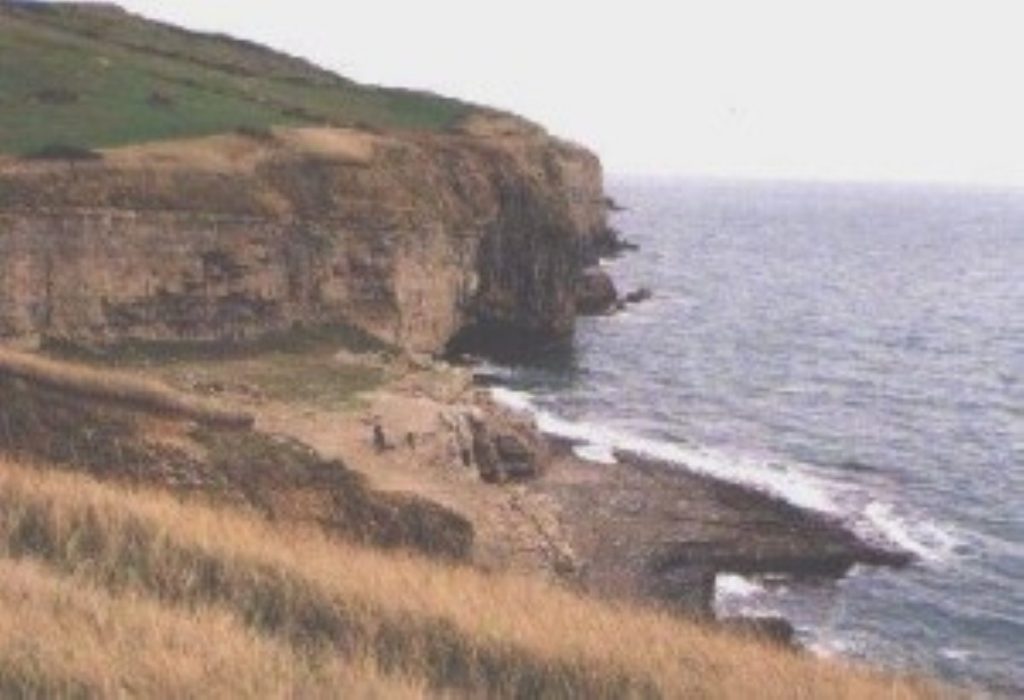VR theatre to improve environmental planning
A new state-of-the-art, purpose built virtual reality theatre opens today at the University of East Anglia, which is designed to improve understanding of the long-term consequences of environment management decisions.
The first visitors to the Zuckerman Institute for Connective Environmental Research will enter the theatre with stereovision glasses and hand-held keypads to allow them to choose between “highly realistic visions” of the future.
The effect of climate change on the future of the UK’s coastline will be the one subject for consideration, as users are treated to a realistic fly-through of a low-lying Norfolk coastline projected on a curved screen.
The image is manipulated to show the likely effect of a variety of different coastal management techniques, such as the impact of building new sea defences.


Because the theatre is linked up to a ‘decision making laboratory’, researchers will be able to monitor how and why humans make particular environmental choices.
Although researchers have used virtual reality for some time, Dr Andrew Lovett, of the university’s School of Environmental Sciences explains this facility represents an unusual application of the technology by presenting “an environmental setting and the ability, having confronted people with different options, to then examine the reasons behind the choices they make”.
It is hoped the equipment will improve the approach of business, policy makers and wider society to environmental challenges, allowing researchers to communicate directly with decision makers, and encouraging the involvement of a wide variety of stakeholders.












